Health issues related to high blood sugar can be prevented with certain activities and lifestyle changes. If the case of diabetes is not genetic, it can be managed. And even in cases where it is genetic, some lifestyle changes can be the life hack you need.
Diabetics and people having high blood sugar are often advised to include a lot of veggies in their diets. The reason behind this is that veggies can control blood glucose levels, as they are rich in fibre. Thus, there are ten such vegetable diabetics that must include in their daily diet.
No food item is strictly forbidden for people with diabetes. Healthy eating for people with diabetes is all about portion control and preparing a careful balance of nutrients.
The best vegetables for diabetics are low on the glycemic index (GI) scale, rich in fibre, or high in nitrates. With these properties, they work to reduce blood pressure.
Here are 8 veggies that help you manage high blood sugar
Spinach

Spinach is a nutritious and plant-based source of iron, a mineral that is crucial in transporting oxygen in the blood. This vegetable contains an antioxidant known as alpha-lipoic acid, which studies suggest lowers glucose levels, increases insulin sensitivity, and prevents oxidative, stress-induced changes in patients with diabetes.
Cucumber
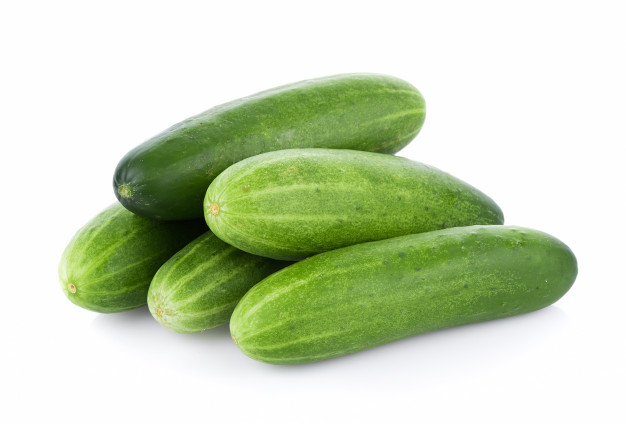
Cucumber is known to be super-healthy for everyone and has a high water content that can keep you hydrated for a long time. This further supports the blood sugar level in check.
Zucchini
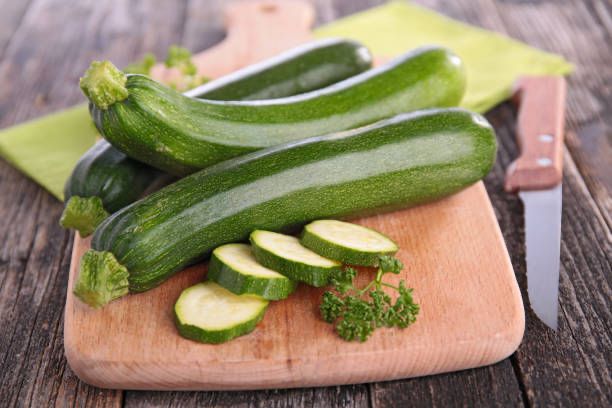
It is high in carotenoids that can help control blood sugar levels.
Carrots
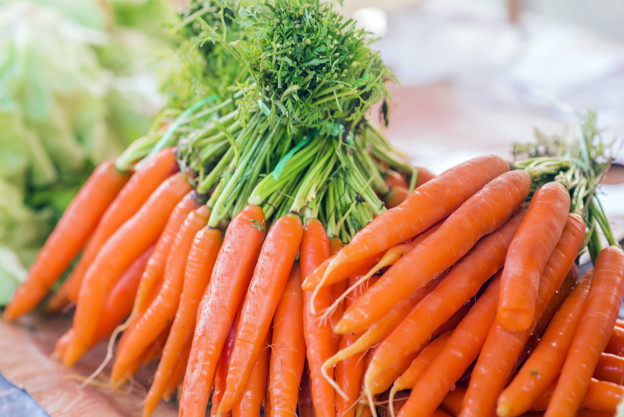
Carrots are known to be rich in fibre and full of vitamins and keep you full for long hours while boosting immunity.
Cabbage
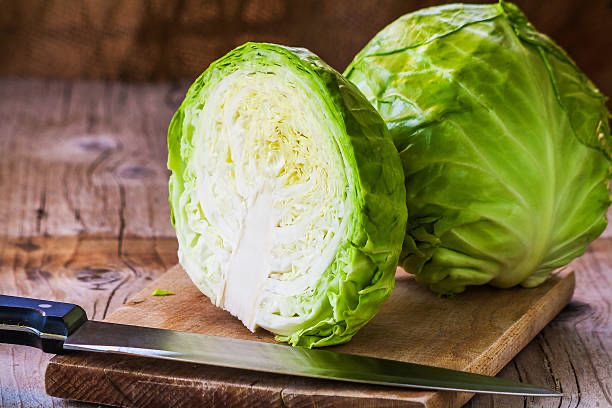
You would be surprised to know that these cruciferous vegetables have a low glycemic index and it has rich antioxidant properties that make it an ideal vegetable for diabetics.
Green beans
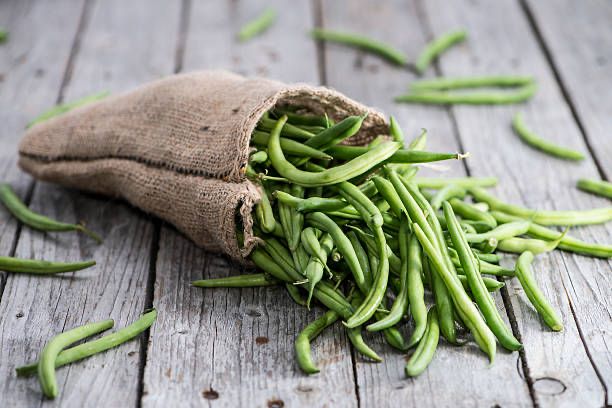
Due to the high level of fibre and glycemic index (GI), evidence suggests that green beans can benefit people with type 2 diabetes.
Tomatoes
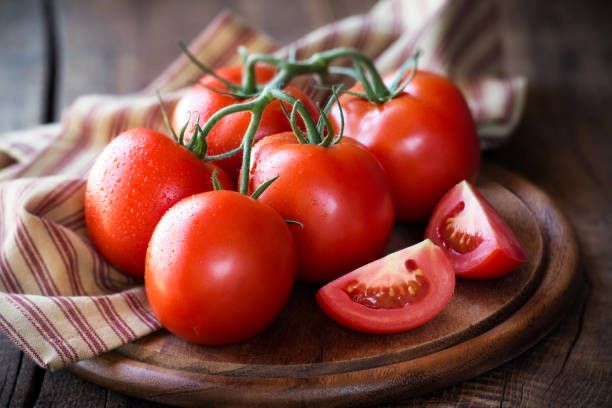
The rich-coloured vegetable has a very low GI and is non-starchy; which means it slowly releases its sugar into the bloodstream and can help in getting balanced blood sugar levels.
Eggplant
The eggplant, or aubergine, provides fibre and a range of nutrients. This low-calorie vegetable features in the Mediterranean diet.
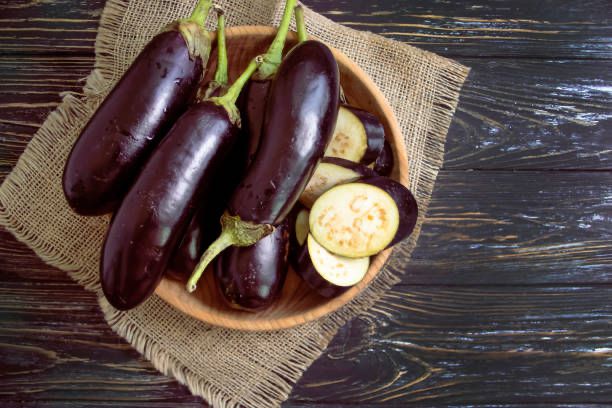
Many of us are most familiar with eggplants that are large and dark purple. However, the shape, size, and colour can vary from small and oblong to long and thin and from shades of purple to white or green.
